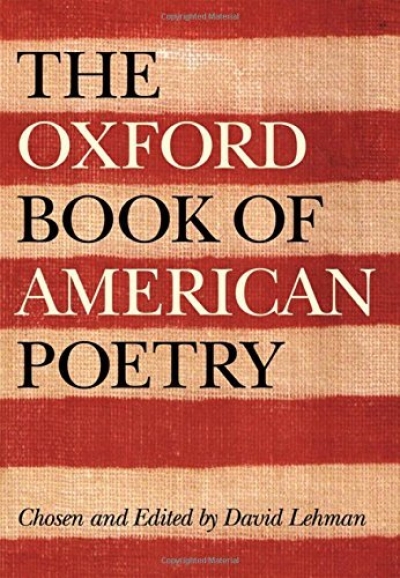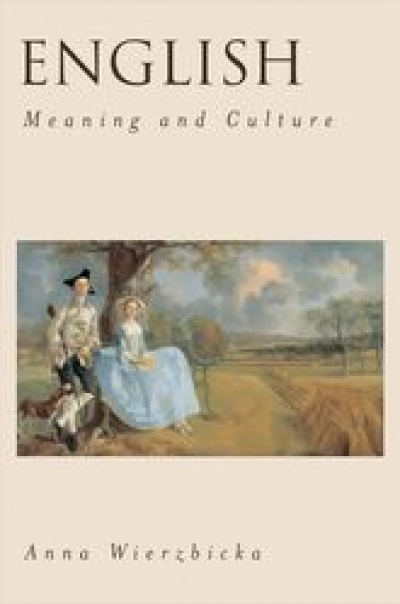In Brief
Romancing Opiates: Pharmacological lies and the addiction bureaucracy by Theodore Dalrymple
by Andrew Burns •
The Oxford Book of American Poetry by David Lehman
by Peter Rose •
UTS Writers’ Anthology: Making Tracks edited by Melissa Bruce et al.
by Rebecca Starford •
Old Myths: Modern empires: power, language and identity in J.M. Coetzee’s work by Michela Canepari-Labib
by Gillian Dooley •









